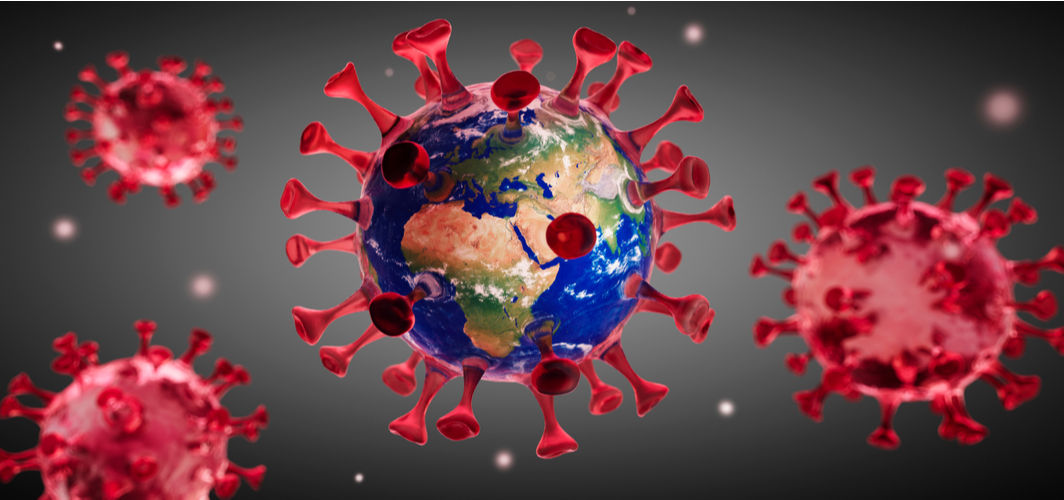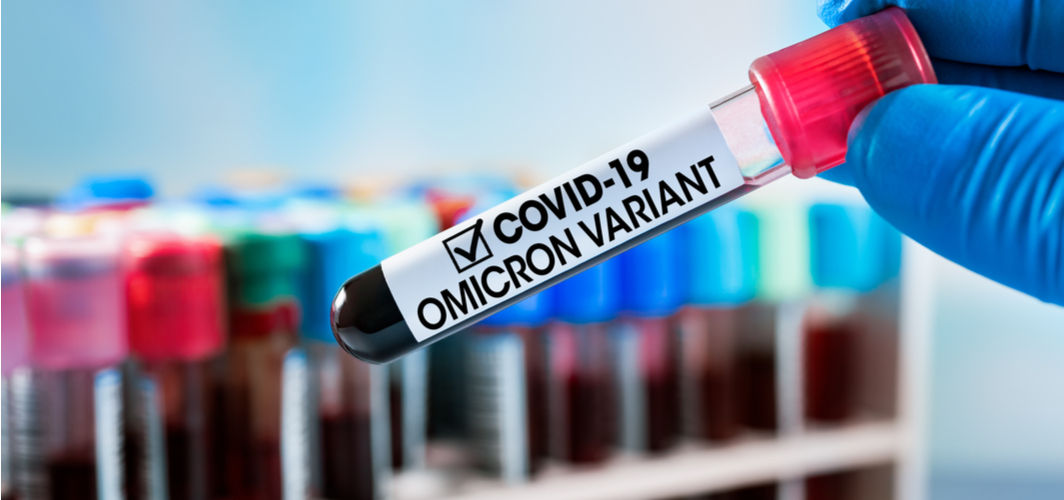Coronavirus Updates
Who Is at Higher Risk for Severe Illness Due to COVID-19?
1 min read
By Apollo 24/7, Published on - 29 April 2020, Updated on - 18 October 2022
Share this article
0
0 like

The risk factors related to Coronavirus are currently being studied by medical researchers around the world. However, there is a lot that is being discussed about COVID-19 which may leave you confused. Hence, it is better to rely on credible sources like the Centers for Disease Control and Prevention (CDC). Please continue reading to know about individuals who are at higher risk for severe illness due to Coronavirus, as revealed by the CDC.
COVID-19 is a new disease and there is limited information regarding risk factors for severe disease. Based on currently available information and clinical expertise, older adults and people of any age who have serious underlying medical conditions might be at higher risk for severe illness from COVID-19.
Based on what we know now, those at high-risk for severe illness from COVID-19 are:
- People 65 years and older
- People who live in a nursing home or long-term care facility
People of all ages with underlying medical conditions, particularly if not well controlled, including:
- People with chronic lung disease or moderate to severe asthma
- People who have serious heart conditions
- People who are immunocompromised
- Many conditions can cause a person to be immunocompromised, including cancer treatment, smoking, bone marrow or organ transplantation, immune deficiencies, poorly controlled HIV or AIDS, and prolonged use of corticosteroids and other immune weakening medications
- People with severe obesity (body mass index [BMI] of 40 or higher)
- People with diabetes
- People with chronic kidney disease undergoing dialysis
- People with liver disease.
If you have any questions related to Coronavirus, you can consult our team of expert doctors through online doctor consultation.
Coronavirus Updates
Leave Comment
Recommended for you

Coronavirus Updates
COVID-19: Do We Know Enough or Is There More to Learn?
The COVID-19 pandemic has created an alarming amount of news and information. At the same time, a great deal has been learnt about COVID-19.

Coronavirus Updates
Can RT-PCR Tests Detect the Omicron Strain?
Fortunately, Omicron can be detected by certain RT-PCR tests being used all over the world, unlike other SARS-CoV-2 variants whose presence can be ascertained only through genetic sequencing.

Coronavirus Updates
Can the Antiviral Medicine Molnupiravir Stop COVID-19 Transmission?
Studies conducted by researchers have revealed that a new antiviral medicine known as Molnupiravir can halt the transmission of the virus causing COVID-19.
Subscribe
Sign up for our free Health Library Daily Newsletter
Get doctor-approved health tips, news, and more.
Visual Stories

Can India Beat the COVID-19 Surge?
Tap to continue exploring
Recommended for you

Coronavirus Updates
COVID-19: Do We Know Enough or Is There More to Learn?
The COVID-19 pandemic has created an alarming amount of news and information. At the same time, a great deal has been learnt about COVID-19.

Coronavirus Updates
Can RT-PCR Tests Detect the Omicron Strain?
Fortunately, Omicron can be detected by certain RT-PCR tests being used all over the world, unlike other SARS-CoV-2 variants whose presence can be ascertained only through genetic sequencing.

Coronavirus Updates
Can the Antiviral Medicine Molnupiravir Stop COVID-19 Transmission?
Studies conducted by researchers have revealed that a new antiviral medicine known as Molnupiravir can halt the transmission of the virus causing COVID-19.